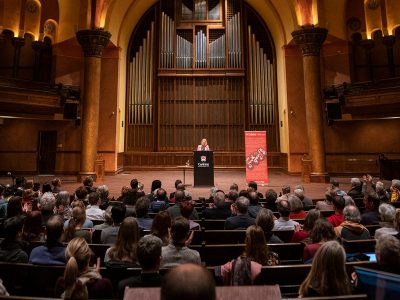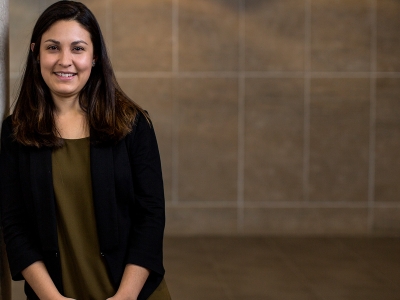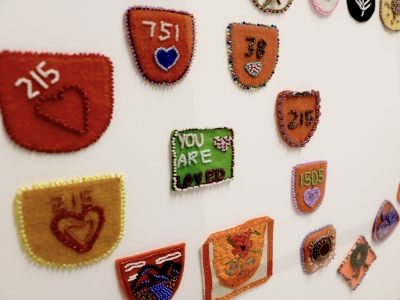By Tyrone Burke
Photos by Chris Roussakis
“I was basically told that I was unteachable,’ says Sean Meagher.
“But I like learning – and I like the chance to prove myself.”
Through the Discovery University program, Meagher has had the opportunity to study utilitarianism, ancient philosophy, friendship through social solidarity, and ethics. It’s an opportunity that he might not have had otherwise, and he credits the program with making him feel more informed, helping him flourish – and keeping him drug-free.

The Ottawa Mission.
Led by the Ottawa Mission, Discovery University offers university-level courses to the city’s homeless and those living on low incomes, taught by instructors from Ottawa’s universities – Carleton University, University of Ottawa and Saint Paul University. There are no course fees and course materials are free. Ten-week classes are offered twice a year, beginning in late September and late January.

Discovery University: Engaging with Unique Perspectives
The program teaches a diverse set of students.
“Homelessness doesn’t discriminate,” says Ann Elliott, program co-ordinator.
“Some students have higher education, others don’t. We have all different types of people in the program. We don’t really see the ultimate goal as making sure students go on to a post-secondary institution. We want to strengthen their self-esteem and their confidence, to teach critical thinking, problem solving and communication skills that they can use in other aspects of their life.”
For instructors, it’s a rich teaching environment. Students often bring unique perspectives to the classroom, and tend to be keen to engage — with each other, the community and the academic material.
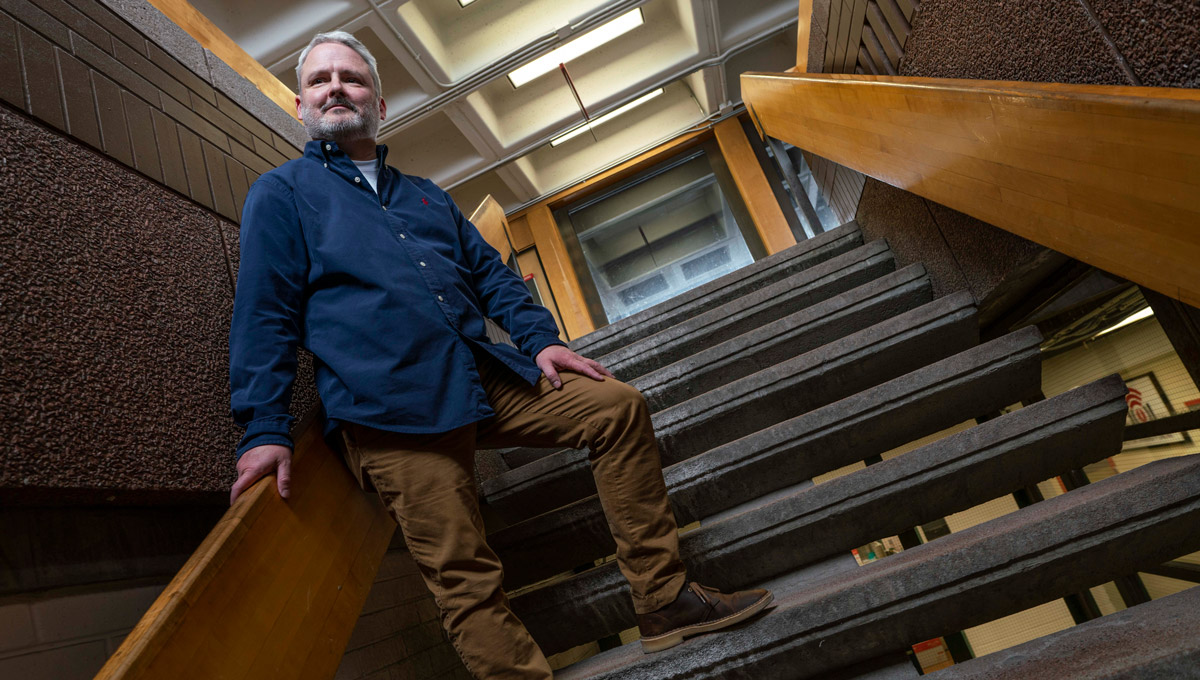
“They are among the most engaged students I’ve ever worked with,” says Matthew Sorley, an instructor and experiential learning chair in Carleton’s Department of Psychology.
“Students actively choose to apply. They’re not required to be there – they want to be there. So, there is a genuine desire to learn and grow, but also to connect with the material and with each other. That creates the potential for some really powerful learning experiences.”
Sorley has taught at Discovery University for the last two years, delivering courses like “The Psychology of Performance” and “Is There Love at First Sight? (And other burning psychological questions).”
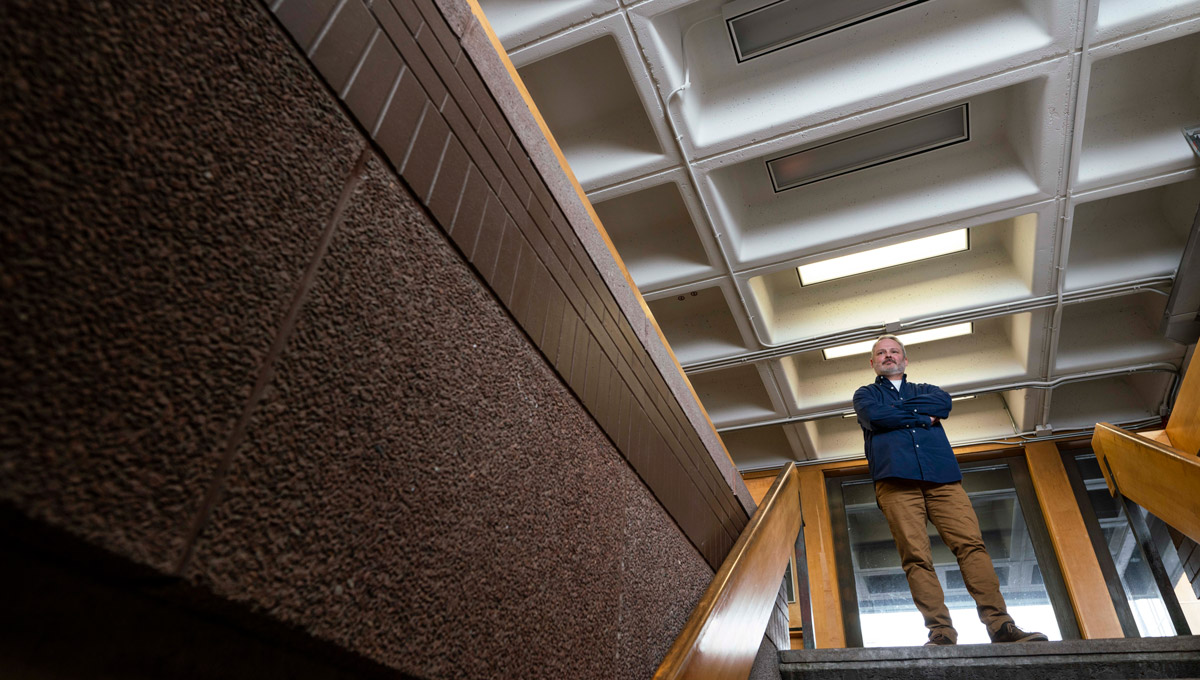
A Dynamic Teaching Space
For a variety of reasons, many Discovery U students didn’t have access to education along the way, and some who enroll in the program are seeking to pursue further education. Courses delivered through Discovery University do not count for post-secondary credit, but students receive a certificate, and can ask instructors for college and university applications. Yet many of the students are there simply to learn – and to share.
“It’s a very dynamic teaching space,” Sorley says,
“But that’s what makes it makes it really exciting. Both courses I taught included a lot of opportunities for students to apply the material to specific situations, including ones that are personally meaningful. They brought a wealth of life experience and were very willing to apply the material to their world — and this results in discussions that are very rich and dynamic.”
Friday classes are followed up by a Wednesday night discussion session.
“Discovery U students tend to be active and very vocal,” Elliott says.
“And they can bring a very full set of their own life experiences to the classroom.”
To learn more about Discovery University, contact the program at discoveryu@ottawamission.com or (613) 914-4575.
Photo above of the Ottawa Mission courtesy of Wikimedia Commons. Click here for more information.
